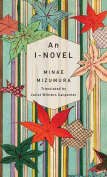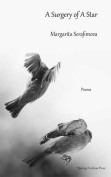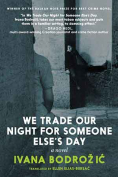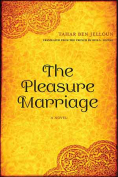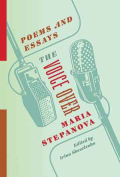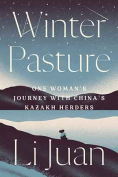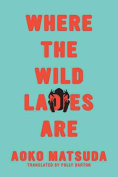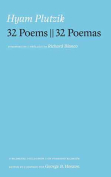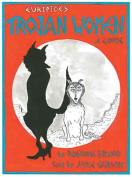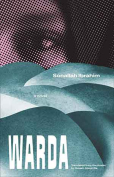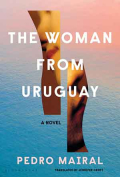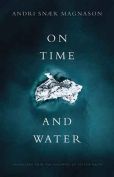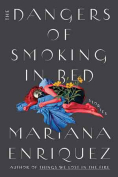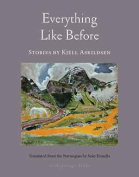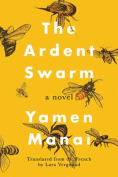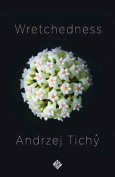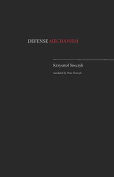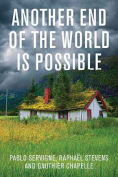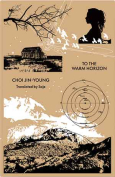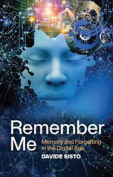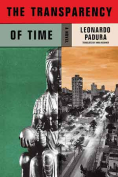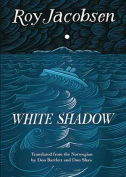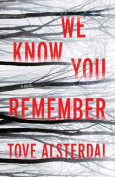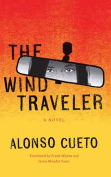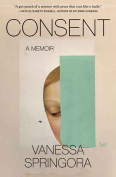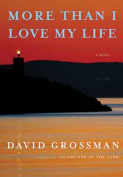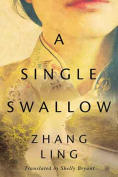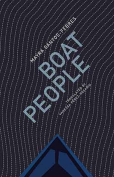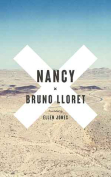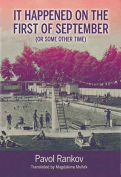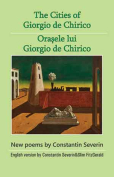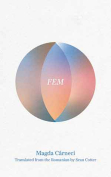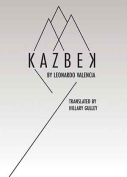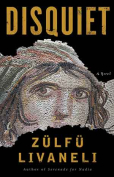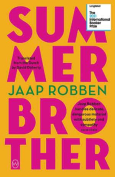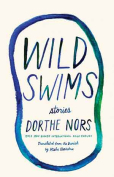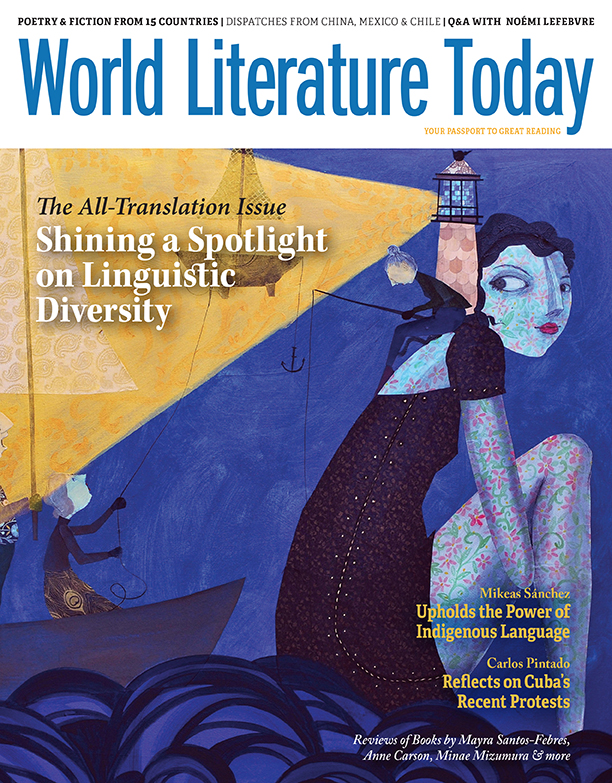To the Warm Horizon by Choi Jin-young
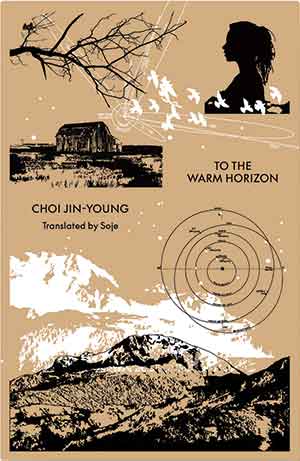 Cheshire. Honford Star. 2021. 176 pages.
Cheshire. Honford Star. 2021. 176 pages.
THIS PANDEMIC YEAR has felt like a dystopia to many of us—we were told to stay away from family and friends, urged to remain inside our homes, encouraged to stock up on food. Yet, as businesses and schools start opening back up, we continue to be vigilant, never knowing if what happened in March 2020 could happen again. Still, humanity is picking itself up again and looking toward the future, like we always do. Thus I could say that reading To the Warm Horizon—a postapocalyptic tale about a deadly virus and its violent aftermath—might make one feel better about the year we’ve just endured, since (thankfully) nothing like what Choi Jin-young describes has happened. On the other hand, reading about a group of Koreans moving across Russia, stealing whatever food they can, and fighting off similarly desperate wanderers with knives and guns might bring back our worst fears from 2020. Let me add one disturbing fact: this novel was first published in Korean in 2017.
Of course, apocalyptic narratives like this have become more popular since the last third of the twentieth century: think Stephen King’s The Stand and Cormac McCarthy’s The Road and, more recently, Yoko Tawada’s The Last Children of Tokyo, Christian Guay-Poliquin’s Running on Fumes, Liu Cixin’s Supernova Era, Savyon Liebrecht’s “A Good Place for the Night,” and Antoine Volodine’s Radiant Terminus. In To the Warm Horizon, unlike some other stories in this subgenre, a virus is the known cause, though all we know about it is that it kills quickly and has spread around the globe. Civilization has collapsed, and people must decide whether or not to stay away from others or band together for strength. The five main characters in this novel make their choices based on limited information. Ryu and her husband and son remain apart from others, though they wind up helping sisters Dori and Joy a few times. Suspicious and wary, Dori only reluctantly agrees to join a family caravan that they happen upon, ultimately falling in love with Jina, the daughter of the caravan leader. Jina’s friend Gunji joined the caravan at the last minute on Jina’s insistence.
Without knowing where they’re headed or what they’ll find around the next bend, each of these characters tries to hold on to the objects and memories that help them still feel human. They help one another find food and shelter, refusing to turn on anyone just because the entire world has fallen apart. Nevertheless, violence, brutality, and evil find them, whether in the form of Jina’s father and other relatives attacking her friends or large groups of weapons-hoarding, town-burning murderers banding together to form a kind of military base. To the Warm Horizon devotes each chapter to a different character (Dori, Joy, Jina, Gunji, Ryu), with some characters given more chapters than others. This constantly shifting focus gives the reader the impression that all these characters are interconnected, even though they are often traveling apart.
There’s a particular melancholy to this novel that reminded me of Anne Bradstreet’s poem “Verses upon the Burning of Our House, July 10th, 1666”; both texts have that same quiet mourning over things like tables and books (Bradstreet) or lip gloss and Christmas cards (Choi). They both acknowledge that what happened is painful to think about, but the only thing left to do is to carry on. And while To the Warm Horizon doesn’t offer anything particularly new in terms of plot or style to this virus-apocalypse subgenre, it does offer a unique glimpse into the lives of four women struggling to survive and love in a world they no longer recognize.
Rachel S. Cordasco
Madison, Wisconsin
